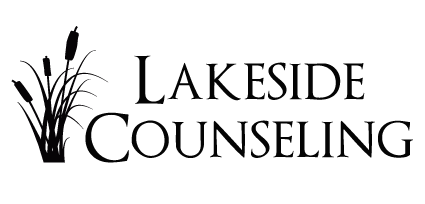Eating disorder statistics claim between 8 and 30 million Americans will suffer from an eating disorder at some point in their life (ANAD, 2021; DMH, 2006). This means chances are you will either have an eating disorder yourself or know someone with one. Even if a person does not meet the official qualifications for an eating disorder, the diet mentality and idealized media in our culture supports a lot of unhealthy mindsets toward food and body weight.
It is common to hear the phrases “bad for you” or “good for you” in reference to food. These statements inherently create a label in our minds that classify food products in a manner that does not promote healthy habits. If I label ice cream as “bad for me”, anytime I eat ice cream I may experience guilt or shame. These seemingly small behaviors can lead to larger issues over time.
While eating disorders do revolve around food and weight, this type of mental dysfunction is complex. Eating disorders also entail aspects of control, perfectionism, self-esteem, anxiety, and many more mental issues that play into the behaviors involved. Eating disorders contain underlying emotional issues that require in-depth treatment to flesh out.
When an eating disorder threatens a person’s physical health on an extreme level, inpatient treatment may be required to save a person’s life. Lakeside Counseling does not offer inpatient treatment options and will refer severe cases to local centers specialized in working with inpatient clients.
I offer in-person therapy and counseling in Seabrook, TX and virtual telehealth therapy for Texas residents. If you have questions about whether or not Lakeside Counseling may be a good fit to help you or someone you know with an eating disorder, please reach out via phone call or schedule a free 15-minute consultation online.

